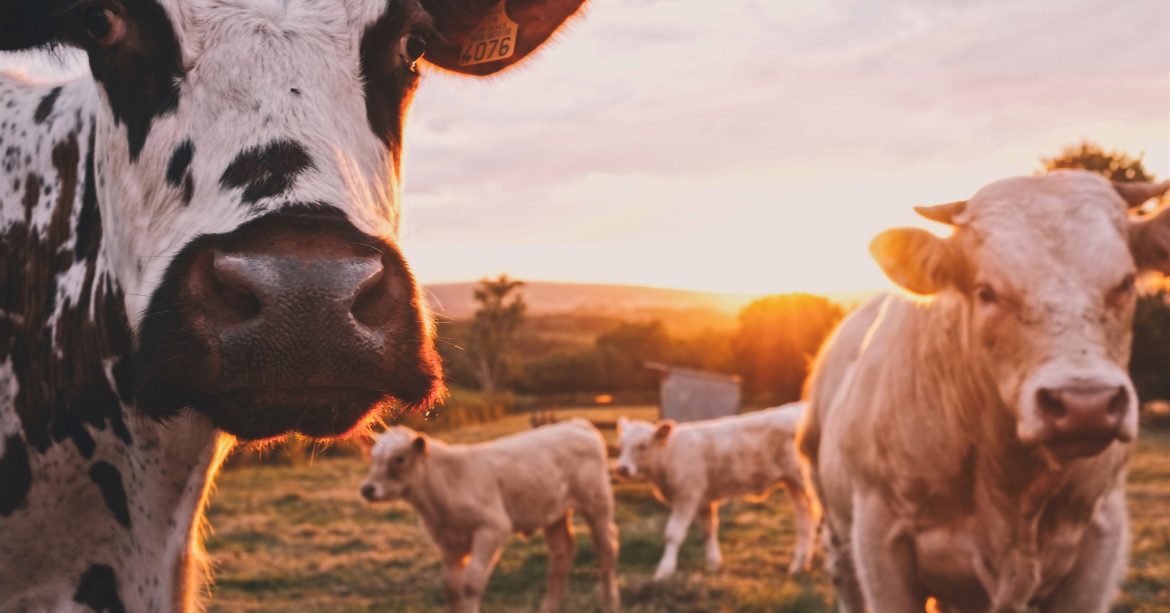AI and it’s influence on farming
Farming is one of the oldest and most essential human activities, providing food, fibre, and fuel for the world. Farming is also one of the most challenging and demanding human activities, requiring hard work, skill, and knowledge. Farming is constantly facing various problems and pressures, such as climate change, population growth, resource scarcity, and market competition.
That’s where AI can help. AI, or artificial intelligence, is the ability of machines to perform tasks that normally require human intelligence, such as learning, reasoning, and decision making. AI can influence farming by providing data-driven insights, automated solutions, and innovative applications that can improve efficiency, productivity, and sustainability. AI can also help farmers cope with the changing environment and technology and enhance their competitiveness and profitability. According to McKinsey Global Institute (MGI), AI can help increase the profitability of agriculture by 10% to 20% by 2030 and help create 20 million to 50 million new jobs in agriculture by 2030.
In this blog post, we will explore some of the ways that AI can influence farming, and some of the benefits and challenges that AI brings for farming.
How AI Can Influence Farming
AI can influence farming by providing various benefits and advantages for different aspects and stages of farming, such as:
-
AI for Monitoring and Analysis of Farming Factors and Conditions
AI can help monitor and analyse various factors and conditions that affect farming, such as soil, weather, crops, pests, diseases, and markets. AI can use sensors, drones, satellites, and cameras to collect and process large and complex data sets and use them to generate actionable insights and predictions for farming. AI can also use natural language processing (NLP) and computer vision (CV) to process and understand various types of data, such as text, speech, images, and videos, and use them to identify and extract relevant information and feedback for farming.
-
AI for Automation and Optimisation of Farming Tasks and Processes
AI can help automate and optimize various tasks and processes for farming, such as planting, watering, fertilizing, harvesting, and transporting. AI can use robots, machines, and vehicles to perform and coordinate various physical and mechanical tasks, and use them to reduce labour, cost, and waste. AI can also use machine learning (ML) and deep learning (DL) to learn from past and present data and improve its performance and accuracy over time. AI can also use reinforcement learning (RL) and evolutionary algorithms (EA) to test and evaluate different strategies and solutions and find the best ones that can maximize the desired outcomes and minimize the undesired ones.
-
AI for Innovation and Novelty of Farming Applications and Tools
AI can help create and implement innovative and novel applications and tools for farming, such as precision agriculture, vertical farming, hydroponics, and aquaponics. AI can use data and algorithms to customize and tailor farming practices and inputs to the specific needs and preferences of each plant, animal, and location, and use them to increase yield, quality, and diversity. AI can also use generative adversarial networks (GANs) and variational autoencoders (VAEs) to generate new and realistic data, such as images, videos, and voices, and use them to create and test scenarios and simulations for farming.
What are the Benefits and Challenges of AI for Farming?
-
AI for Efficiency, Productivity, and Sustainability of Farming
AI can increase the efficiency, productivity, and sustainability of farming, by providing better and faster data, solutions, and applications for farming. AI can also reduce the labor, cost, and waste of farming, and improve the yield, quality, and diversity of farming. AI can also help farmers adapt to the changing environment and technology and enhance their competitiveness and profitability.
-
AI for Job Creation and Disruption in Farming
AI can also create new jobs and industries, but also displace and disrupt existing ones. AI can create new jobs and industries that are based on AI technologies and applications, such as AI consulting, AI education, AI farming, and AI food. However, AI can also displace and disrupt many existing jobs and industries that are laboured on human labour and intelligence, such as farming, transportation, retail, and food.
-
AI for Bias and Unfairness in Farming
AI can also be biased and unfair, due to the limitations and flaws of the data, algorithms, and systems that are used to create and deploy AI. AI can also reflect and amplify the existing biases and inequalities in society, such as racism, sexism, and classism, and use them to discriminate, oppress, and harm people and groups. AI can also challenge the existing norms and standards of responsibility and liability for farming.
-
AI for Unaccountability and Unexplainability in Farming
AI can also be unaccountable and unexplainable, due to the complexity and opacity of the data, algorithms, and systems that are used to create and deploy AI. AI can also lack the transparency and oversight that are necessary for ensuring the quality, reliability, and validity of AI. AI can also create new ethical and moral questions and dilemmas such as what are the rights and responsibilities of humans and machines, and what are the values and principles that guide human and machine behaviour.
In conclusion, AI is a powerful and promising technology that can influence farming by providing various benefits and advantages for different aspects and stages of farming. However, AI is also a complex and controversial technology that can bring various challenges and risks for farming. AI is not a panacea or a peril for farming, but a tool and a factor that can be used and influenced for good or bad.
The future of AI for farming depends on how we create and use AI, and how we adapt and respond to the changes and impacts that AI brings. The future of AI for farming is in our hands, and we have the responsibility and the opportunity to make it a better and greener one.



